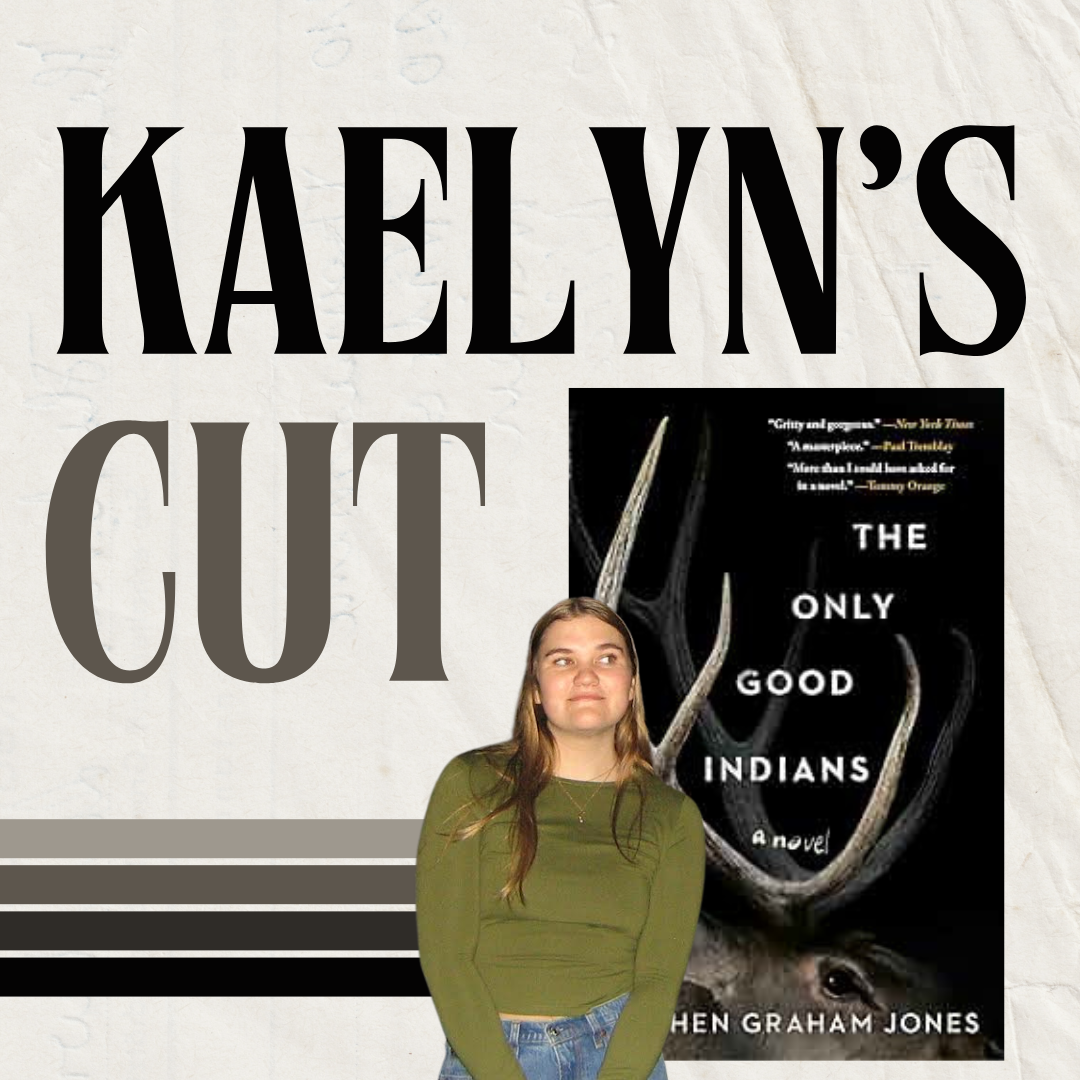The Poppy War trilogy (TPW) by R. F. Kuang consists of “The Poppy War”, “The Dragon Republic” and “The Burning God”. This series is a ruthless, bloody story, following Runin (Rin) Fang the entire way. Nikan, the country in which Fang lives in, is at war with the Federation of Mugen, giving Fang the perfect opportunity to escape the abusive life she has always lived. This story holds no barriers, showing every disgusting, gory and vicious trait war has. It depicts death, rape, abuse, genocide and devastation in its entirety. TPW is as repulsive and heartbreaking as it is brilliantly written, a heart-shattering novel following a warrior turned God (or monster?) through every facet of the war she faces.
Runin Fang is a poor, orphaned girl from Nikan’s deep South living in an abusive household. Fang’s life is as bland as it is tiring: she lives in the poorest territory in Nikan, the Rooster territory. On top of living in a poor, underdeveloped society, Fang stands out in her community as a dark-skinned, frail girl who has never met her parents and works at her aunt and uncle’s store. She has no money, no family and is maltreated by the people who took her in. When she is to be married off, Fang decides she is going to change her life.
This is where the trilogy starts. Fang applies, studies and participates in a free, nationwide test called the Keju. The Keju takes the best scores from each region in Nikan and sends them to the most prestigious military academies in Nikan for free, with the best, and hardest, option being Sinegard. Somehow, Fang earns the best score in her territory and starts her new life at Sinegard.
As Fang grows at Sinegard, she unleashes a power very few have ever seen, fighting on both sides of the war respectively. Betrayal, found family, enemies to lovers and a devastatingly strong female main character are the prominent tropes found in this life-changing story.
Fang ends up changing history, becoming someone that the Nikan Empire will never forget. The destiny of the country balances itself on this young girl’s shoulders, and whether that is for the benefit of the country or for the worse is something that may never be answered.
Fang is one of the strongest female characters I have read about. Fang, in her words, is the strongest military force the world has ever seen. She is the tipping point in the war, and she does not take that lightly. The entire series follows her and her slow fall into utter insanity and godship. Gone is the young, orphaned girl, and in her place is a God reincarnated. She wrecks as much devastation as she fights, and as I read this book, I spent so much time debating whether or not Fang is the true hero or not. It is easy to believe there was never a “right” or “good” side to fight for in this story. Each side displays their negative qualities to Fang in turn, leaving her stuck in the middle, a major factor in a war that both sides grapple for.
Kuang is a genius storyteller and gives her books no filters when it comes to facing the harsh realities of war, misogyny and racism. TPW was Kuang’s debut series and are intense and groundbreaking. The series is based around the Sino-Japanese war, with the Federation of Mugen (Japan) as the oppressors and invaders, while Nikan (China) is the battlefield. Not only are these two countries deciding each other’s fate, but there are many other unaccounted for variables in this book that will leave the reader at a loss for words.
I strongly recommend this book to anyone who loves a good fantasy/dystopian book like “The Hunger Games”, “Divergent” and “The Maze Runner”. It may be a bit darker than the aforementioned, but they all follow the same outcome: overcoming a dystopian society and bring freedom, all while trying to not lose themselves in the process.










